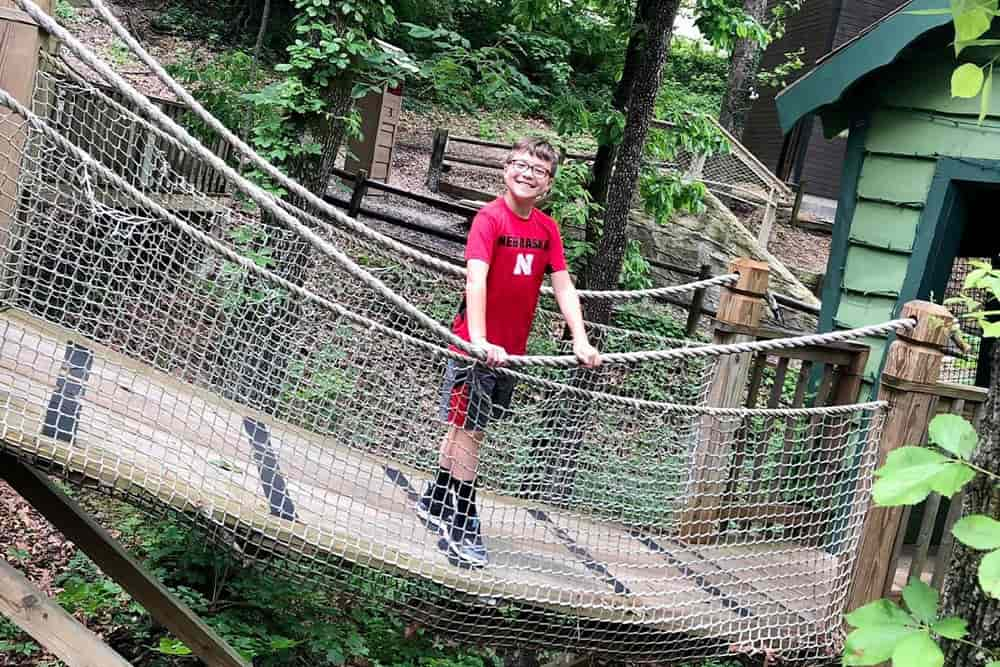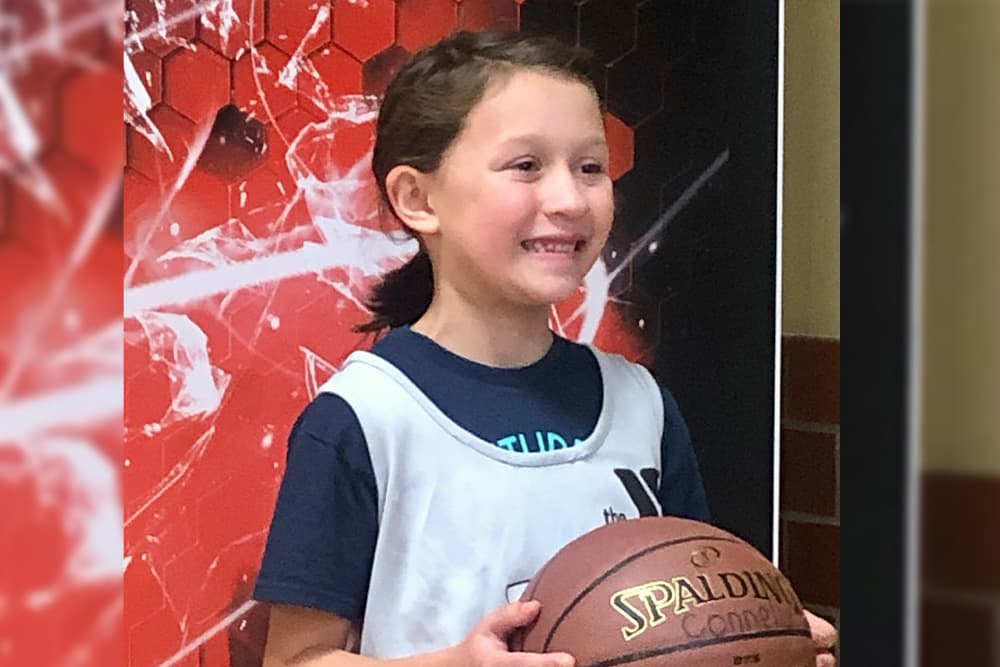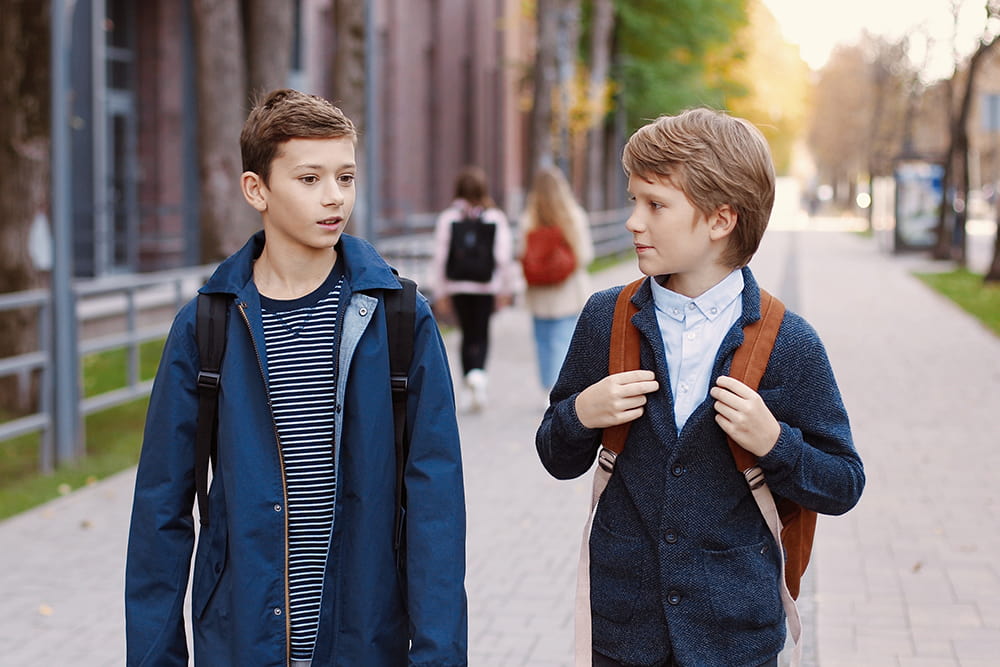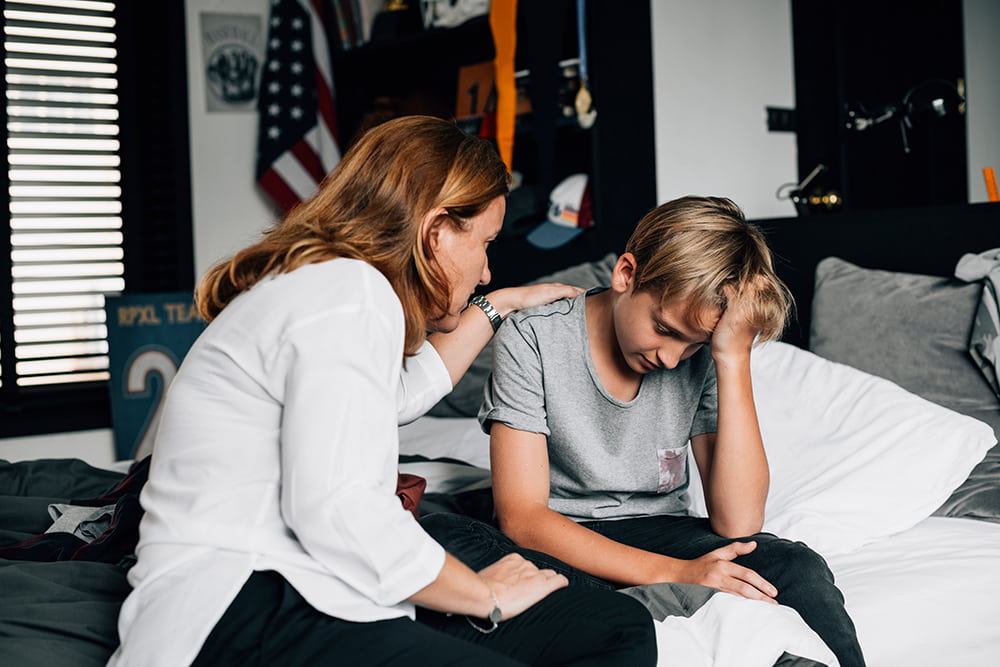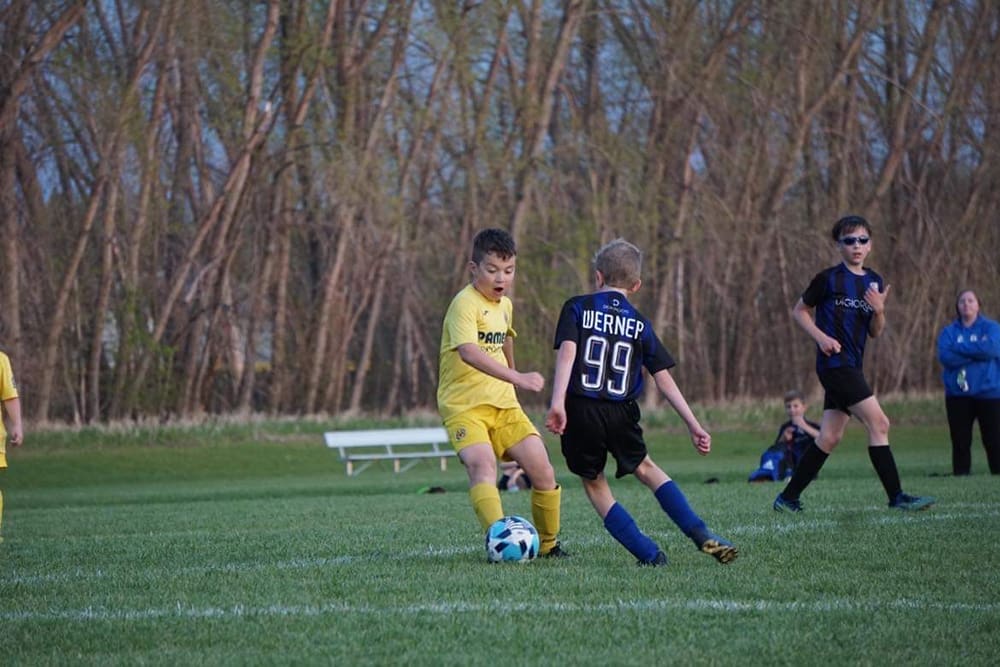
A Grandparent’s Guide to Fostering Political Engagement
Politics. Some people say it’s a naughty word. Others say it’s our nation’s most popular sport. Some people are conservative, some are liberal. While others look at issues, legislative bills and the law independently to make decisions regarding the issue and the impact on all citizens. Some say politics save us, and others say politics destroy us. We all think differently, which makes it interesting.
Lifelong Passion For Politics & Empathy
I’ve always been political, ever since I had friends who were sent to fight in Vietnam. After a classmate’s death, the whole concept of speaking to power became engrained in me and is now part of my personality. That, coupled with Title IX, had something to do with also forming the personality I now possess. I’ve turned into a grandma who wants to help everyone in need.
Nurturing Civic Engagement
I’ve always tried to share my opinions with the grandkids without telling them what to do and what not to do. That’s their parents’ job, not mine. Now my grandkids are of voting age, so I remind them to investigate the candidates, pick their choice and vote. I would love to tell them how to vote, but I know better.
I let the grandkids know when I’m making calls with a phonebank, knocking on doors, putting up yard signs and writing postcards. They usually don’t respond or they will send me a smiley note. I have no idea if they actually read it, but I’m hoping they’ll eventually catch on.
Events of the Ralph Yarl Shooting
The other day, one of my grandkids gave me a call and told me I should look into the Ralph Yarl shooting in Kansas City. Ralph was a 16-year-old who was picking up his younger siblings from their friend’s house. He thought he had the correct address and went to the door to get his brothers. Unfortunately, he was on the wrong street. When he knocked on the door, the homeowner was frightened and shot Ralph through the glass door. Ralph struggled to his feet and went to several other homes seeking help. Finally, someone called the police. Ralph was transported to the hospital, where he was treated and released after several days.
I asked my granddaughter if she knew the area where the shooting occurred. She indicated it wasn’t close to her apartment, but one of her friends lived very close. I asked her if she was frightened, and she said no but wanted me to help bring an awareness to others and get involved in important, life or death issues.
Taking a Stand For Gun Control
Since I talked to her earlier this week, I’ve thought more about her request. We have homicides in Lincoln, but I’ve always thought of them as people who were angry with each other. But I checked the Lincoln and Nebraska statistics about hate crimes. They are certainly here. Lincoln and Nebraska are not immune. So I started calling my state legislator and asked about his views on gun control. He does not seem to believe in gun control. He wants anyone, anywhere to have quick access to their favorite firearm.
I called my granddaughter and told her I’ve found my new cause, which may give her some motivation to do the same. If nothing else, I know she’ll read my new questions and comments about getting involved.
Two days later, she sent me a video as she marched through downtown Kansas City and protested. I guess grandkids are always listening, and they will act when the topic hits home. We’ll always be connected!

Nancy Becker
Grandkids & Grandparents
I have four grandchildren ages 14-17. In some ways, I’m a very typical grandma, always proud of everything the kids do and wanting to help support them in whatever way I can. In other ways, I’m not very typical. My goal as a blogger is to share my thoughts and experiences that I think are funny and meaningful as I adventure through grandmahood.










